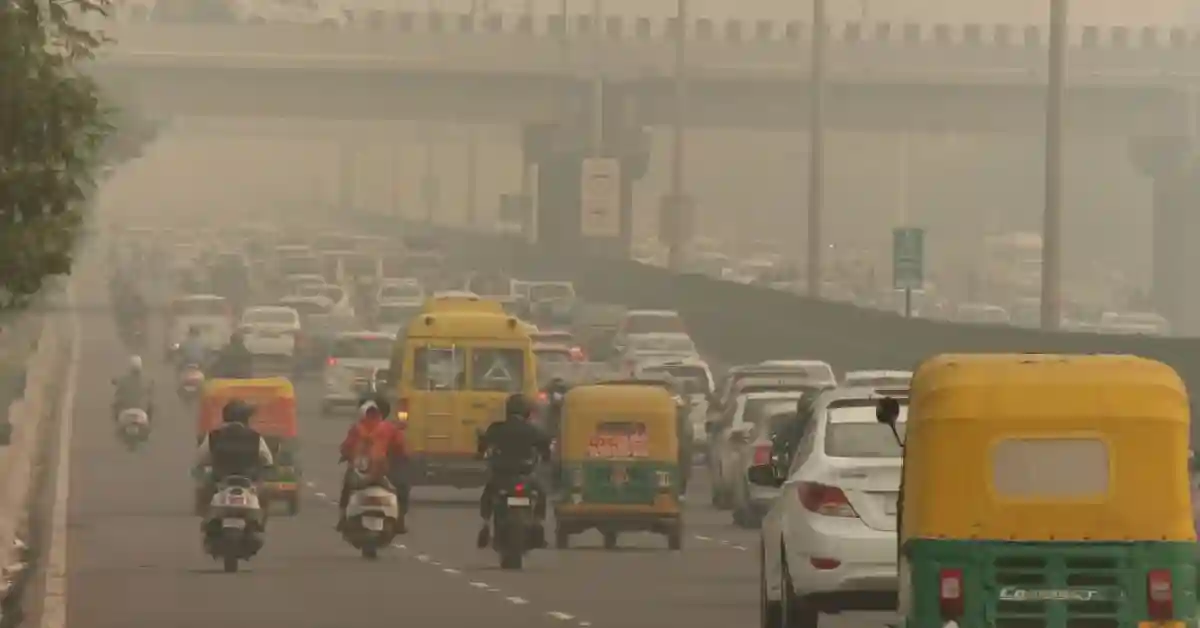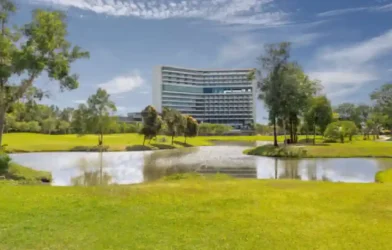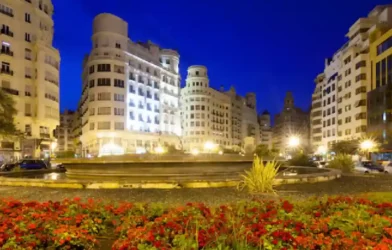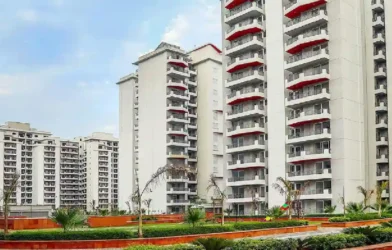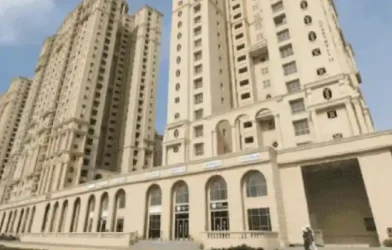Subtotal ₹0.00
With Delhi’s air quality hovering in the ‘severe’ category for the third consecutive day, the Commission for Air Quality Management (CAQM) has reimposed GRAP Stage III restrictions, including a blanket ban on construction and demolition activities across Delhi-NCR.
While the move aims to curb worsening pollution levels, real estate developers warn that it could delay project timelines and disrupt home deliveries. Industry bodies are calling for a more nuanced, site-specific approach—one that allows RERA-registered and low-emission construction activities to continue under strict monitoring, balancing public health priorities with economic stability, according to a report by The Hindustan Times.
Developers suggest a site-specific approach, permitting construction at sites where air quality remains below GRAP Stage 3 thresholds, instead of a blanket ban. Such a calibrated system, they say, would protect public health while minimising economic disruption, preventing unnecessary project delays and ensuring continued adherence to environmental safeguards.
Construction activities that generate relatively low pollution and dust emissions should be allowed to continue, provided they comply with C&D waste management regulations, they say.
“Projects registered under RERA already follow strict environmental standards and should be permitted to proceed as essential construction activities under proper supervision. Allowing these regulated projects to continue under careful monitoring will help strike a balance between public health needs and economic priorities, reduce project delays, and ensure adherence to environmental safeguards,” said Praveen Jain, president, NAREDCO.
“Sites that consistently record air quality levels below the GRAP Stage III threshold should be allowed to operate. This would ensure a fair, site-specific system of regulation rather than a blanket ban that halts all construction activities indiscriminately,” he said.
A study conducted by industry body, NAREDCO Haryana, in collaboration with IIT Delhi for GRAP Stage III and IV, has provided several practical recommendations that can be implemented in Delhi-NCR to enable construction activities without causing significant pollution, he said.
These include adopting aluminum shuttering, promoting monolithic construction techniques that produce significantly less debris compared to traditional methods, using hydraulic rebar cutters instead of abrasive saw cutters for reinforced bars, and allowing painting and related activities to continue since their contribution to pollution was found to be less than 11%.




